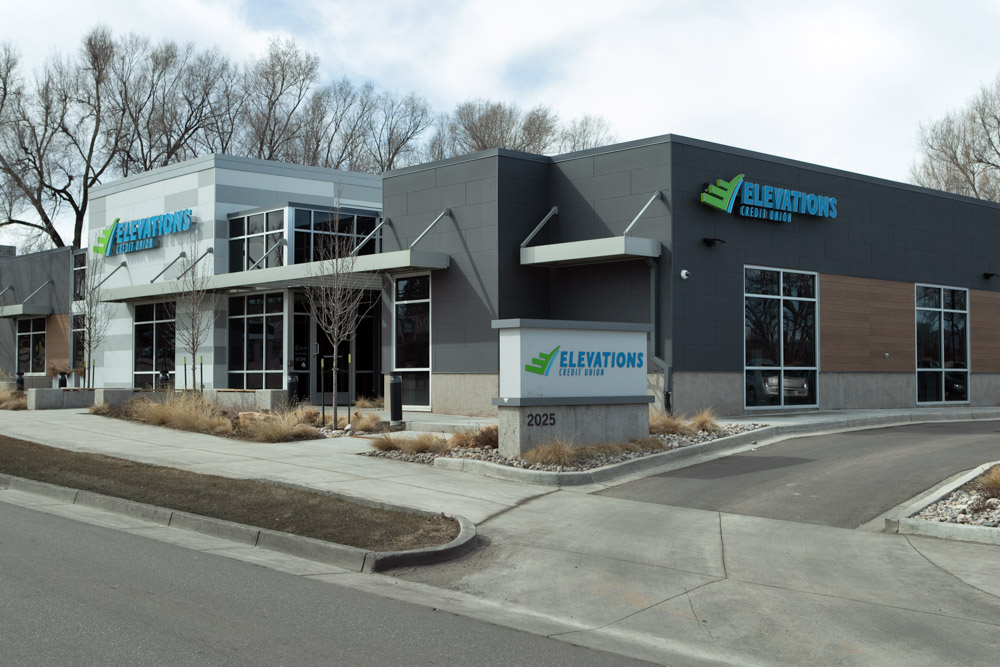Now in its 36th year, ColoradoBiz magazine’s Top Company Awards program recognizes businesses and organizations based in Colorado or with a significant presence in the state that are leading the way in their fields, as demonstrated by financial performance, notable company achievements and community engagement.
To be considered, Top Company entrants submitted applications throughout the year online at ColoradoBiz.com. From those entries, which numbered in the hundreds, the magazine’s editorial board narrowed the field to three finalists (in most cases) in each industry category. A judging panel made up of area business leaders and ColoradoBiz staff then met to compare notes on the finalists and decide winners in 14 industries plus the Startup category, for companies in business four years or less.
Congratulations are in order not only to the 41 winners and finalists profiled on the following pages, but to all the companies that took the time to tell us about their achievements and obstacles surmounted over the past year that make them worthy of Top Company consideration.
READ: Fall 2023 Issue — Top Company Awards, Inside the CHIPS and SCIENCE Act, and More
WINNER
Colorado Enterprise Fund
Denver, CO
Website: coloradoenterprisefund.org
Established in 1976 when the Mountain High Yogurt Company needed capital to expand in then-blighted LoDo, Colorado Enterprise Fund (CEF) is a nonprofit loan fund that helps socially and economically disadvantaged small-business entrepreneurs with capital, knowledge and networking.
“Our focus is to finance and support low-income entrepreneurs, underserved small businesses and nonprofit social enterprises throughout Colorado that are unable to secure traditional bank financing,” says President and CEO Ceyl Prinster. “CEF provides capital where banks cannot lend and fill gaps when banks cannot lend enough.”
More than 90 percent of CEF’s lending is to disadvantaged small businesses via microloans, small business loans and commercial real estate with loans up to $1 million. The average loan size is $55,000 to small businesses that typically generate less than $2 million annual revenue and have fewer than 50 employees. CEF also provides New Markets Tax Credit loans from between $5 million to $30 million for projects that generate jobs and revitalization in distressed areas.
In its 47-year history, CEF has impacted more than 30,000 jobs by deploying $246 million of capital to almost 10,000 Colorado entrepreneurs. A certified Community Development Financial Institution, the organization has 37 employees.
When the COVID-19 pandemic hit and forced many small businesses to shut their doors, CEF needed to act as “economic first responders,” Prinster says. “We went out to our funders to raise capital, tapped into national, state and local dollars to build our lending capacity, became a PPP lender with the SBA, and created an entirely remote organization to deliver over 10 times the annual loan volume that we had previously done.”
It follows that CEF’s net assets more than doubled from 2020 to 2022. “Our vision is to be the biggest, best and most impactful CDFI in Colorado,” Prinster says.
FINALISTS
GLC Advisors LLC
Denver, CO
Website: www.glca.com
Founded in 2009, GLC Advisors is an independent investment bank that specializes in providing objective, senior-level expertise for sell-side and buy-side M&A, capital raising and strategic advisory. The team has cumulatively led hundreds of transactions, representing more than $400 billion of enterprise value across numerous industries.
Shifting market conditions led to the opening of its Denver office, the bank’s first outside New York, in 2016. The Mile High City was chosen due to its talent pool and client potential, and the Denver office now includes 20 out of GLC’s 67 advisers nationally. The bank now has offices in Denver and New York as well as San Francisco and Los Angeles.
GLC Advisors has closed more than 900 transactions in its history, many involving Colorado-based companies such as SpineOne, Dema Plumbing, AllPro Capital and AccuSystems. SpineOne’s 2022 acquisition by Trinity Hunt Partners was recently recognized as the “Healthcare Deal of the Year” by the USA M&A Atlas Awards. Dema Plumbing’s acquisition by Gladstone Investment Corp., also in 2022, was honored as the “USA Private Equity Deal of the Year”’ in the same awards program.
Bank of Colorado
Fort Collins, CO
Website: www.bankofcolorado.com
Long-established bankers in Nebraska, the Dinsdale family entered the Colorado market with the acquisition of Fort Lupton State Bank in 1978.
Throughout the 1980s and ‘90s, the business expanded across the Eastern Plains, down the Front Range and over the Western Slope. In 1998, all 19 Colorado branches were under a single name, Bank of Colorado.
Now 500 employees in all, Bank of Colorado remains a Dinsdale family-owned business today, serving customers at 44 locations across Colorado. It is part of Pinnacle Bancorp, which operates 161 banks in eight states.
Supporting local small businesses has always been a focus at Bank of Colorado. It was a top lender of PPP funds, with a model that enabled local businesses to get access to funds in hours that had been on waiting lists from larger institutions for weeks. The effort impacted nearly 67,000 jobs in Colorado.
The company also gives back by donating millions of dollars annually to local community organizations. A local control model allows for each branch to support organizations that are important to them, without centralized oversight.

 Take Sydney, Australia-based Finder, with an app that helps users save and invest. Co-founder Fred Schebesta says Denver beat out Atlanta and other locations for the company’s U.S. headquarters.
Take Sydney, Australia-based Finder, with an app that helps users save and invest. Co-founder Fred Schebesta says Denver beat out Atlanta and other locations for the company’s U.S. headquarters.


 Denver-based Maxwell, a software provider to the mortgage industry, is a prime example. “The mortgage industry has been going backwards over the last 10 years,” says CEO John Paasonen. “Ten years ago, you could get a mortgage in 30 days. Today, the average is 50 days. It now costs more to originate a mortgage than it does to produce a Toyota. It’s expensive, and it’s all paper-driven and people-driven.”
Denver-based Maxwell, a software provider to the mortgage industry, is a prime example. “The mortgage industry has been going backwards over the last 10 years,” says CEO John Paasonen. “Ten years ago, you could get a mortgage in 30 days. Today, the average is 50 days. It now costs more to originate a mortgage than it does to produce a Toyota. It’s expensive, and it’s all paper-driven and people-driven.” A visit during Denver Startup Week helped the founders make the decision to relocate. “Wow, there’s a real tech scene in this Denver place,” says Paasonen, calling Denver’s “phenomenal” airport a big part of the company’s move to Colorado. “With direct flights to most of the country, we can be on a 6:30, 7 a.m. flight, have a full day of meetings, and be back to tuck our kids in at night. That’s meaningful for people. You can’t do that on the coasts.
A visit during Denver Startup Week helped the founders make the decision to relocate. “Wow, there’s a real tech scene in this Denver place,” says Paasonen, calling Denver’s “phenomenal” airport a big part of the company’s move to Colorado. “With direct flights to most of the country, we can be on a 6:30, 7 a.m. flight, have a full day of meetings, and be back to tuck our kids in at night. That’s meaningful for people. You can’t do that on the coasts.

